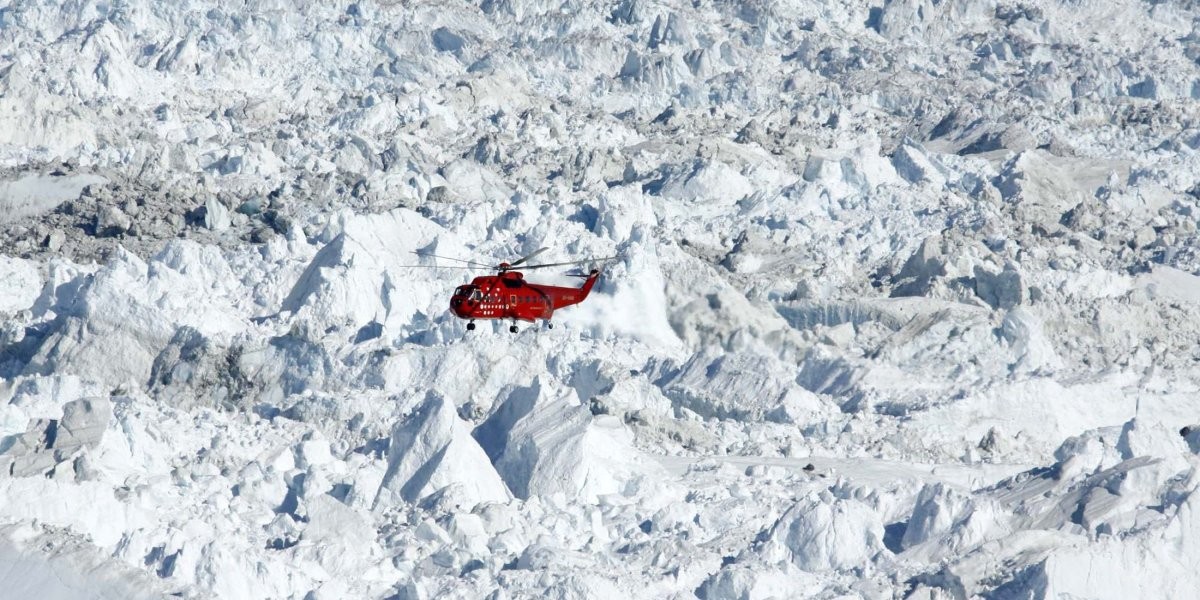Simply not realistic Greenland abandons dream of raking in oil riches
Post on: 16 Март, 2015 No Comment

Greenland, an island that may be sitting on trillions of dollars of oil, has had to acknowledge that its dream of tapping into that wealth looks increasingly far-fetched.
Back when oil was headed for US$150 a barrel, Greenlanders girded for a production boom after inviting in some of the world’s biggest explorers, including Chevron Corp. and Exxon Mobil Corp. Now, with Brent crude dipping below US$50 last week, Deputy Prime Minister Andreas Uldum says Greenland’s hope of growing rich quickly on fossil fuels was “naïve.”
“I myself believed back when I was first elected” to parliament in 2009 “that billions from oil and minerals would start flowing to us the next year or the year after that,” he said in an interview in Copenhagen. “However, that’s just not the reality. I don’t know any politician in Greenland today who won’t admit to having fuelled the hysteria.”
The nation of about 56,000 had imagined its oil and mineral production would turn every citizen into a millionaire. Instead, Greenland continues to rely on an annual 3.68 billion-krone (US$586 million) subsidy from Denmark to stay afloat, a sum that’s equivalent to almost half its gross domestic product. Talk of severing ties from its former colonial master has also faded as Greenlanders see little prospect of achieving economic independence anytime soon.
“Now we know what is realistic and what isn’t, and we should not expect any revenue or pseudo-figure flowing into our budget from this and that,” Uldum said. “That’s simply not realistic. We’ll conduct a responsible economic policy.”
Roaming Icebergs
Less than a decade ago, the combination of a hotter planet melting the ice around Greenland and a booming Chinese economy driving up commodities prices looked destined to turn the world’s largest island into an Arctic El Dorado.
But none of the companies awarded licenses was able to make any commercial finds, even before the oil price dropped to a level that would make production unprofitable. And while global warming has melted some of the ice, the result has also been to make exploration more hazardous as icebergs the size of multi- story buildings break free from the island, threatening to sink any exploration vessels that might cross their path.
To be sure, the cycle is a familiar one. Explorers approached Greenland after the oil crises of the 1970s, only to abandon the place for three decades. In 2010, Cairn Energy Plc returned but didn’t make any commercial finds after spending more than US$1 billion during two years of drilling.
Something Big
The island’s other commodities have also failed to lead to riches. A dramatic fall in iron ore prices and the Ebola epidemic sent London Mining Plc into reconstruction before the company had a chance to develop its US$2 billion Isua iron-ore project north of Greenland’s capital Nuuk.
The project may still go ahead after the mining rights were bought by China’s General Nice Resources Ltd, according to Uldum. The arrival of a better capitalized company raises the prospects that Greenlanders one day may benefit from underground riches, he said.
“Whether we need to adapt projects to be sustainable even at lower prices I don’t know,” Uldum said. “I don’t think we should get involved with how miners operate their mines.”
Meanwhile, the U.S. Geological Survey estimates there could be as much as 50 billion barrels of oil and gas beneath Greenland’s waters, about double the amount left in the North Sea.
“There used to be a silhouette of something big getting drawn up for us — oil and mineral prices were high,” Uldum said. “But it was also a matter of the business conditions back then. They were shifted several times and that made people uncertain, and then you don’t want to start up a business. That’ll stop now. There’s absolutely no reason for us to continue to make life difficult for ourselves.”














